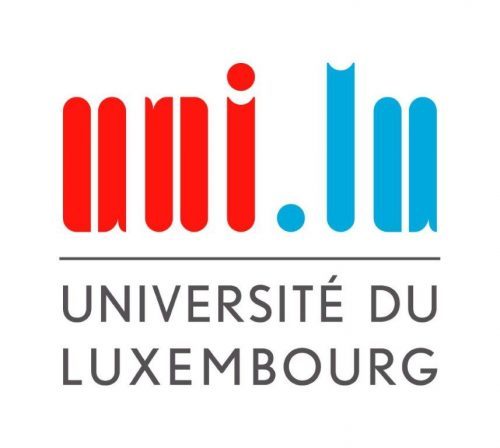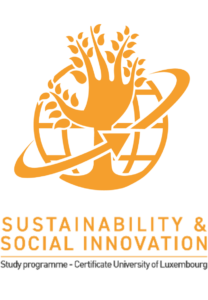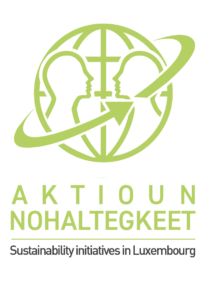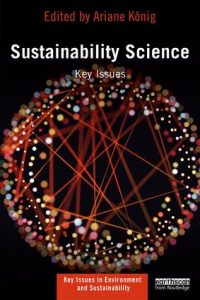Sustainability science is an emerging field of research that actively seeks improved ways to leverage social and natural science and technology for a transition towards sustainability. This transdisciplinary field of research deploys a systems approach to gain an enriched understanding and repertoire of action on dynamic interactions between nature and society, and many scholars argue that for effective leveraging for transition, research needs to be co- produced in collaboration with practice. Core research questions include: ‘How can today’s relatively independent activities of research, planning, observation, assessment and decision-support be better integrated into systems for adaptive management and social learning?’ And ’How can the future be scanned in a creative, rigorous and policy relevant manner that reflects the normative character of sustainability and incorporates different perspectives?’.
This approach draws on problem-solving and critical research perspectives, and involves recognition of complexity, contingency, contradictions, and ignorance. Key to such transformative scientific inquiry is to rethink how new actionable knowledge is co-created in collaborative processes with private enterprises, government and organized civil society. Capacity-building for transformative sustainability science has largely been neglected in Luxembourg, in spite of being crucial to build society’s coping mechanisms in view of accelerating global change.





